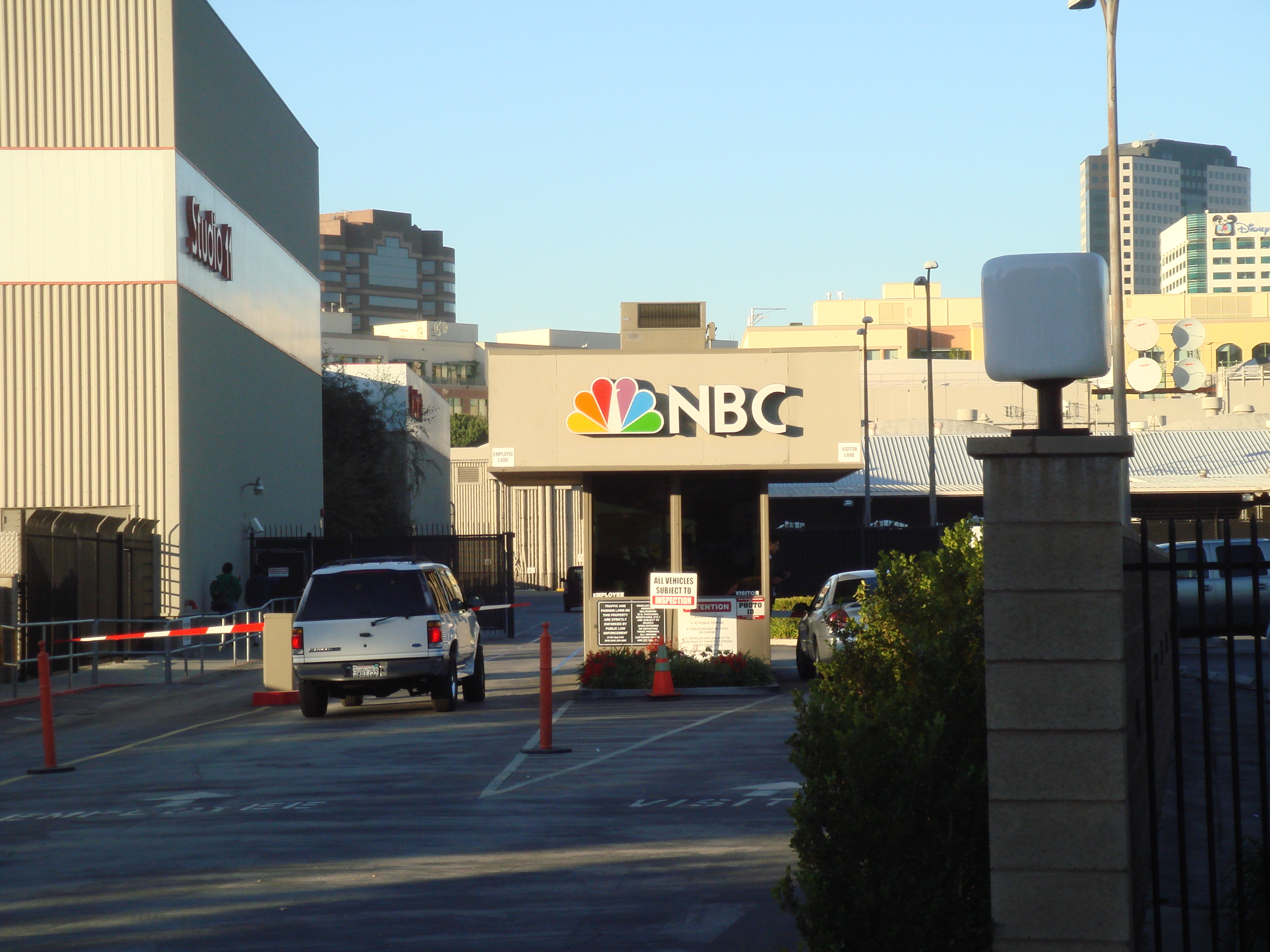Olympic coverage should be free in US, not monopolized

NBC has exclusive American distribution rights to broadcast the Olympic Games through 2032. (Creative Commons photo by Gregg O’Connell via Flickr)
By Arthur Wang
Feb. 2, 2016 7:33 a.m.
If all goes well with the Olympic bid, the world will be watching Westwood and Los Angeles in 2024. Except for millions of Americans.
This is hardly an exaggeration – the Olympic Games as a whole are perhaps the most-watched television program in the world, and viewership only increases with each successive games. In 2012, 3.6 billion viewers and more than 219 million Americans tuned in to watch the London Games, which makes the Super Bowl, which scored a record 114.4 million viewers last year, look downright parochial by nature – and it is, given that only around 38.5 million watched internationally.
Despite those record viewership numbers, or as much as you like Bob Costas, the way Olympic Games are broadcasted in the United States is a terrible deal for Americans and an embarrassingly prominent example of a systemic failure in broadcasting international sporting events, especially when compared to the policies of other English-speaking countries.
Behind the numbers
It goes without saying that international sports are a big deal for domestic television networks, as exclusive broadcasting deals and astronomical advertising revenues are on the line. Broadcast numbers are quantitative measures of an event’s success, and with the Olympics, an abundance of televised coverage suggests that a network is committed to displaying the “Olympic Spirit” of global cooperation and kumbaya-ism. This is why NBC, the sole distributor for showing the games in the United States, bragged about its “5,535 hours of coverage” for the 2012 Summer Games.
Related: UCLA to host athletes village in LA’s 2024 Olympic bid
Indeed, NBC has as much reason as any gold medalist to boast about its Olympics coverage – it’s a moneymaker. If you think it’s too early to talk about something that is happening eight years from now, realize that the Comcast-owned network has an unprecedented $7.65 billion deal with the International Olympic Committee to broadcast the games in the US until 2032 – a date so far out, there’s no telling if we will still be using televisions, basic cable or manually-driven cars.
The Olympic scam
Cord-cutters will be less than enthused to know that NBC only broadcasts select sporting events – usually those where Team USA figures prominently, because other countries apparently don’t matter – and the opening and closing ceremonies during prime time for free. This is known as free-to-air programming – as opposed to pay-per-view. Other events must be streamed online on NBC Sports and elsewhere, but a cable subscription is required. That’s a lot to ask for given that more and more folks seem to only subscribe to a mobile data plan and Netflix.
This paywall becomes downright unreasonable when we contrast American tactics with practices in the United Kingdom and Australia. In order to watch both the 2012 London Olympics and the 2014 FIFA World Cup, I used a free virtual private network to stream commercial-free coverage online from a spoofed UK internet address, where all I needed to do was input a random London postal code.
How did I watch for free by simply pretending to be a Brit? Because of socialism, essentially.
The UK’s Office of Communications – their version of the US Federal Communications Commission – explicitly lists the Olympic Games in its Code on Sports and Other Listed and Designated Events as a “Group A” sporting event, a classification that forbids the acquisition of exclusive broadcasting rights by any paid networks, a practice known as “anti-siphoning.”
Regulations for anti-siphoning are even stronger in Australia. The Australian Communications and Media Authority lists the Olympics as one of 12 sports leagues and global events that “should be available free to the general public.” In other words, the government there pays the bill for citizens to watch sporting events which are deemed to be of widespread public interest.
A value proposition
Will NBC’s decades-long lock on Olympic programming seriously hurt viewership of the games? It probably won’t, even with the precipitous and persistent decline of cable subscriptions. Most American viewers probably do not bother to watch anything other than Team USA. Yet the value in international sports is in that the most healthy and physically capable individuals come from all corners of the globe to celebrate the human spirit. While there is quite a bit of naivete to this Olympic mission, the idealism is benign compared to NBC’s effortless fleecing of Americans out of billions of dollars.

